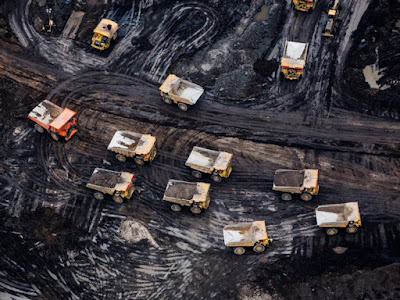Many far-right extremists, estimated to number between the hundreds and the low thousands, have flocked to eastern Ukraine to take up arms since civil war erupted in 2014. Hailing from across Europe, North and South America, and as far away as Australia, they’re drawn by the opportunity to fight alongside other right-wing radicals on either side of the conflict. Many see the battle as a crucial training ground for the defense of white Europe, where they can forge deep international links and gain combat experience they believe will be critical at home.
When they return home, they’re battle-hardened and more radicalized than ever, researchers say, and often fly below the radar of security services more focused on the returning jihadi threat.
“I believe Europe is in great danger,” Alberto Testa, an expert on far-right radicalization at the University of West London, told VICE News. He said eastern Ukraine had become a critical staging ground for the international “white jihad struggle” of the far right, where extremists could “train for what some would call racial holy war.”
Researchers warn that Ukraine is radicalizing far-right foreign fighters in the same way Syria has with jihadis — albeit on a smaller scale — creating a global network of combat-tested extremists who pose a security threat that is now beginning to manifest itself.
...Western security services haven't taken the far-right foreign fighter threat seriously enough, said Daniel Koehler, director of the German Institute for Radicalization and Deradicalization Studies, largely because they’ve overwhelmingly focused on jihadist foreign fighters returning from Syria and Iraq in recent years.
“It seems that intelligence agencies have not regarded them as even remotely as much of a risk as the jihadist fighters,” Koehler told VICE News.
But that’s slowly started to change, as fighters returning from Ukraine make their presence felt at home.
...Kacper Rekawek, head of defense and security programs at Slovakia’s Globsec think tank, said some recruits had seemed indifferent about which side they actually fought on.
“Sometimes it’s a matter of accident whether a fighter ends up on side A or side B,” said Rekawek, who has extensively interviewed foreign fighters. “They just want to take themselves to war, get this rush of adrenaline.”
...For many far-right foreign fighters drawn to Ukraine, the outcome of the war is almost a secondary consideration to other, more compelling, pull factors.
Rekawek said Ukraine fulfilled the need, expressed by many ideologues on the extreme right, for a “safe space” for Nazis outside the West, where they could network and organize beyond the prying eyes of domestic security services.Some Canadian radical right wingers are known to have joined their multinational clan in Ukraine. Others chose to get their combat training at home - on the taxpayers' dime. They simply enlist in the Canadian army.
When the story broke about the presence of right wing extremists in the Canadian forces, the generals were quick to say they were cracking down. Then again these are the same generals who vowed repeatedly to eliminate sexual predation in the ranks. Today the Trudeau government is paying out $900 million to victims of the generals' impressive success.

























